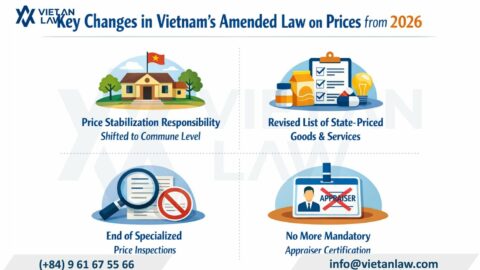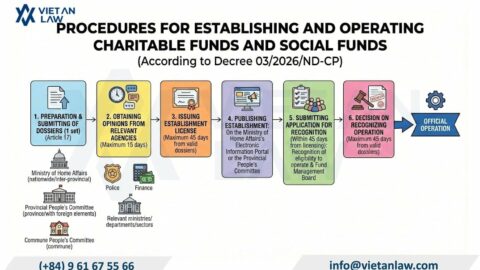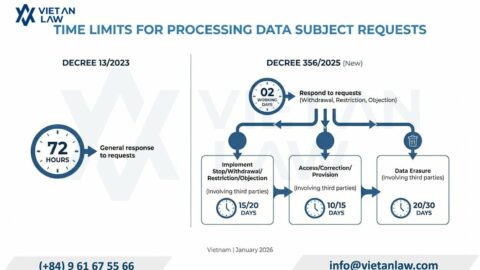In recent years, the need for employees and employers to learn about legal regulations in the field of labor has increased. The reason is that our country’s economy is growing, the demand for highly qualified labor is increasing, and employees are gradually aware of the equal relationship with employers. One of the issues that always attracts the attention of employees is the legal regulations on probationary periods. Therefore, in this article, Viet An Law will introduce to customers the regulation of labor probation regime in Vietnam.
Table of contents
In Vietnam, it can be simply understood that probation is a short process for employees to work at a company or organization, and at the same time, it is a time for employers to survey the capacity and work performance of probationary employees.
If after the end of the probationary period, both parties have a good impression of each other, the employer needs to recruit and the employee wishes to continue working at that enterprise or organization. Then, the two parties will negotiate and sign a labor contract.
During the probationary period, the probationary employee is not considered an employee of the company.
In addition, pursuant to Clause 1, Article 24 of the Vietnam Labor Code 219, employees and employers have two ways to agree on the content of the probationary period, which are:
Depending on the needs, the parties can choose the appropriate method of concluding the probationary contract. It is noted that in case of signing a labor contract of less than one month, probation does not apply.
Pursuant to current regulations, the two parties agree on the employee’s salary during the probationary period, but it must not be lower than 85% of the salary for that job.
In case the employee and the employer sign a probationary contract, the term of the probationary contract will be the probationary period. In other words, after the probationary period ends, the probationary contract will expire and the two parties will have to sign a new labor contract.
The current probationary period is stipulated in Article 25 of the Labor Code 2019, accordingly, the probationary period for different job positions is different. Specifically:
Thus, depending on the job position, the probationary contract term can be up to 180 days (equivalent to 06 months).
Job positions that require high expertise and complexity will have a longer probationary period than other jobs. Therefore, employers and employees need to pay attention to the regulations on probationary contract duration to agree on contract content by the law.
Note: the maximum number of probationary periods for a job of an employee is one time. It is not allowed to sign two consecutive probationary contracts with the same employee for the same job content and the same job position.
In case the probationary contract expires and the employer evaluates that the employee’s work does not meet requirements, the probationary contract signed with the employee will be terminated.
Under Clause 2, Article 27 of the Labor Code 2019, both the employer and the employee have the right to cancel the probationary contract during the probationary period.
Accordingly, each party has the right to cancel the signed probationary contract without prior notice or compensation to the other party.
Pursuant to Clause 2, Article 24 of the Labor Code 2019, the basic contents of a probationary contract include:
In addition to the above contents, the two parties may agree to add other contents to the probationary contract but must comply with the provisions of current law.
According to Point b, Clause 2, Article 10 of Decree 12/2022/ND-CP, the act of probation exceeding the prescribed time can be fined from 2,000,000 VND to 5,000,000 VND. This fine is for individuals, in the case of a fine for organizations, it will be twice the fine for individuals.
In addition, the employer is also required to take remedial measures, which is to pay the full salary for the job to the employee during the probationary period beyond the prescribed time.
Above is Viet An Law’s advice on the regulation of labor probation regime in Vietnam. If you need to learn more information about labor law in general and probationary issues in particular, please contact Viet An Law to receive the best support.




